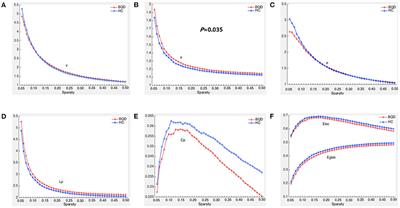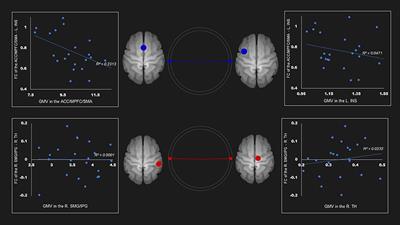EDITORIAL
Published on 08 Aug 2022
Editorial: Investigating substance use disorders using neuroimaging-based brain connectivity
doi 10.3389/fpsyt.2022.992669
- 829 views
3,626
Total downloads
13k
Total views and downloads
Select the journal/section where you want your idea to be submitted:
EDITORIAL
Published on 08 Aug 2022
ORIGINAL RESEARCH
Published on 06 Jun 2022

ORIGINAL RESEARCH
Published on 03 Jan 2022

ORIGINAL RESEARCH
Published on 20 Oct 2021

ORIGINAL RESEARCH
Published on 25 Jul 2019
ORIGINAL RESEARCH
Published on 06 Jun 2019
